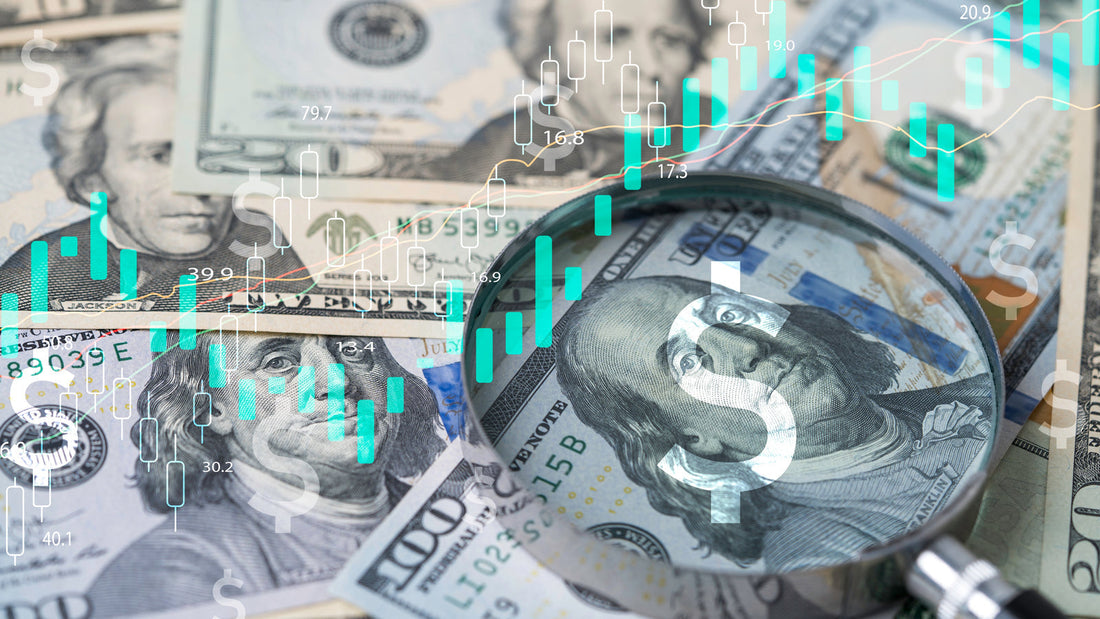
High vs. Low Interest Rates: Pros & Cons Explained
When interest rates rise, buying a home becomes more expensive, so you may need to tighten your budget. However, there are advantages. For instance, if you have a fixed-rate mortgage, your monthly payment remains unchanged—a strong hedge against inflation even as home prices and other costs climb. Additionally, higher rates help your savings and money market accounts grow faster, making it easier to build cash reserves.
The disadvantages to higher interest rates are that all loans are more expensive, including credit cards, so it’s best hunker down and keep debt to a minimum.
Lower interest rates mean you pay less interest, can buy “more” home, and possibly pay your mortgage off faster. If you have a mortgage at a higher rate than “today’s” rates, you can refinance to a lower monthly payment, eliminate or lower private mortgage insurance, or trade a variable-rate loan for a fixed-rate loan. The disadvantage is that other instruments that pay interest to you will provide lower yields. Beautiful Utah Realty can help navigate this with you.
Courtesy of BHHS Utah Properties Blog